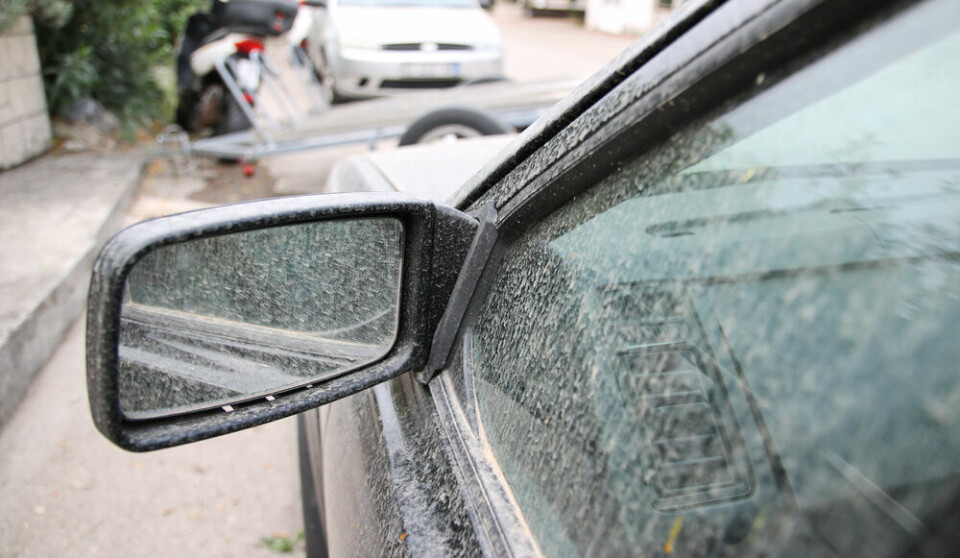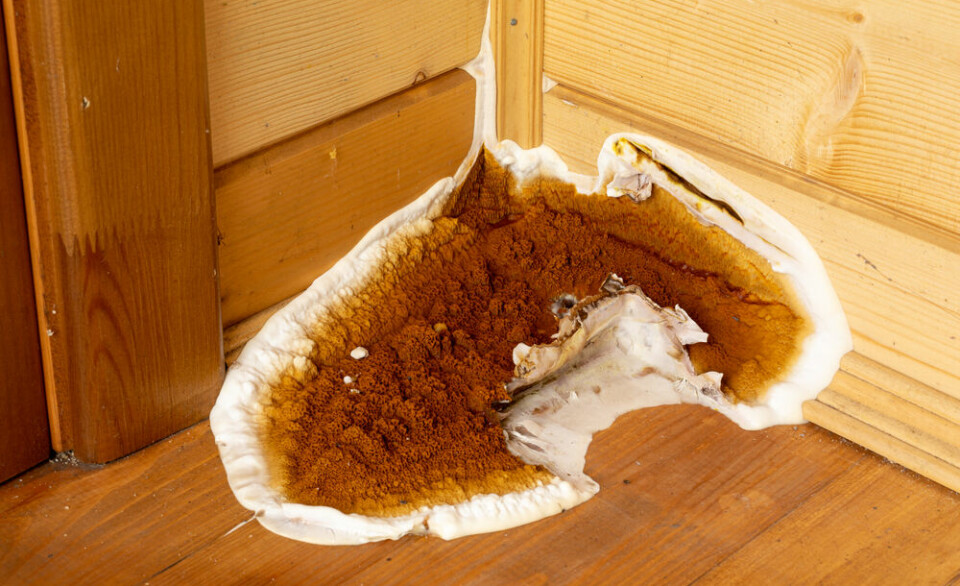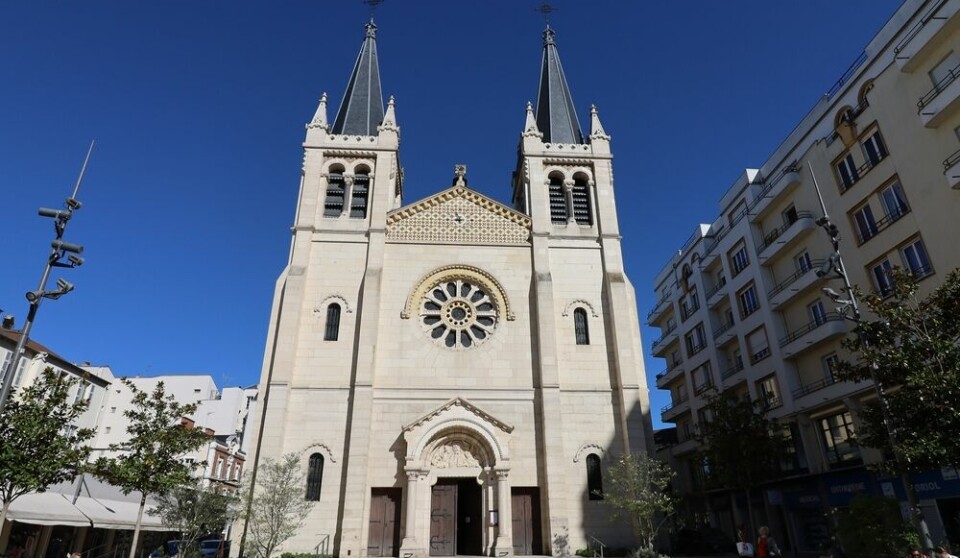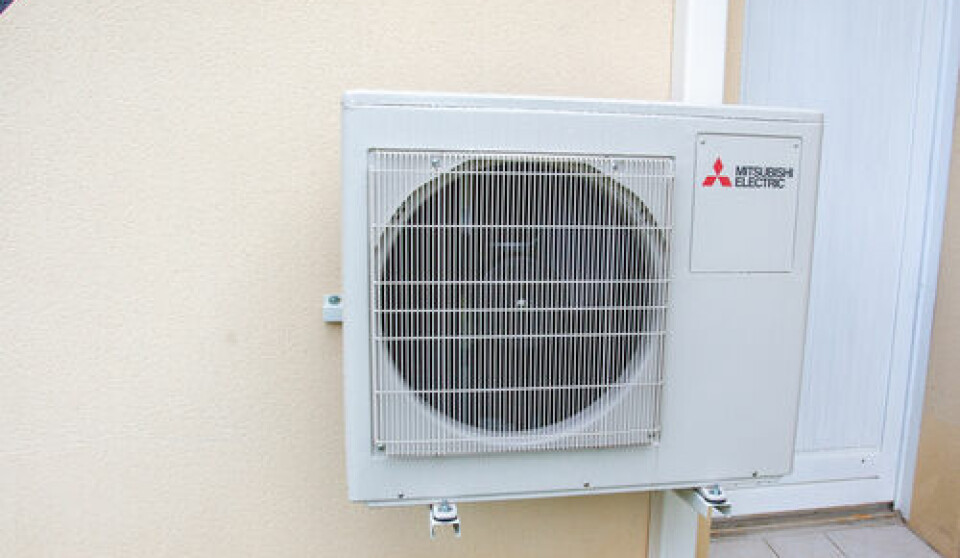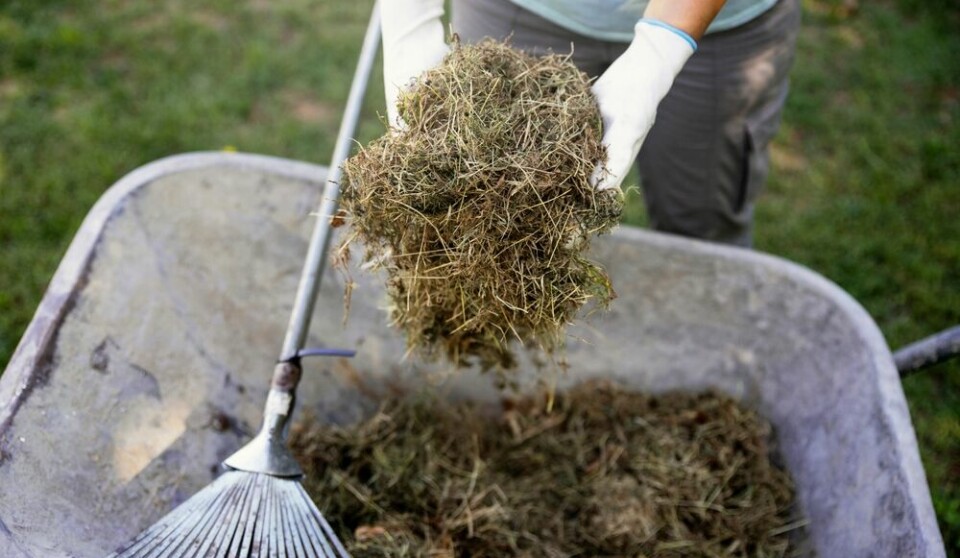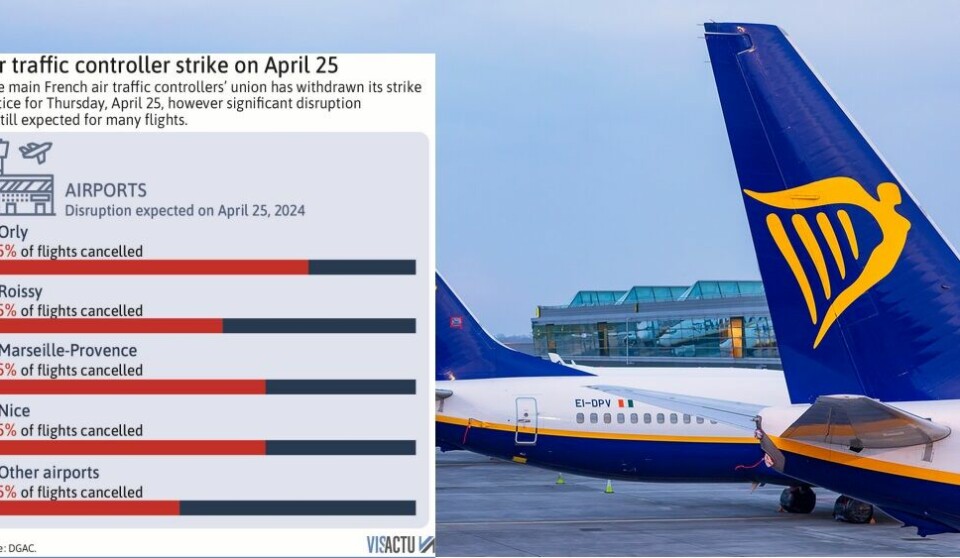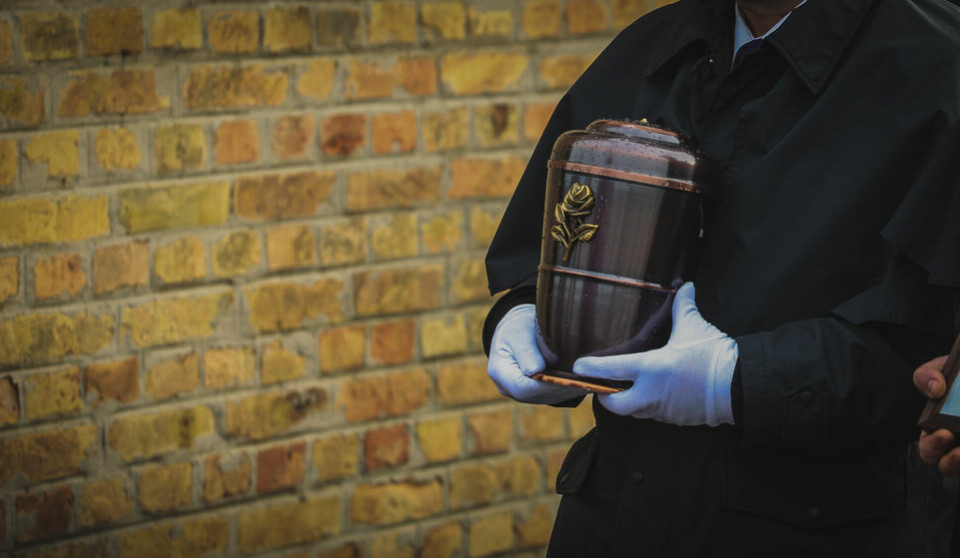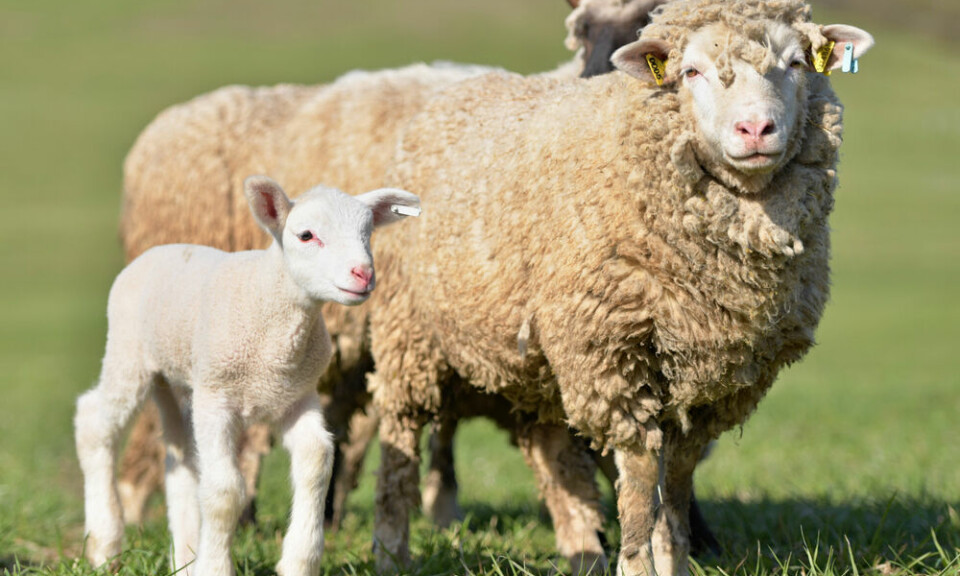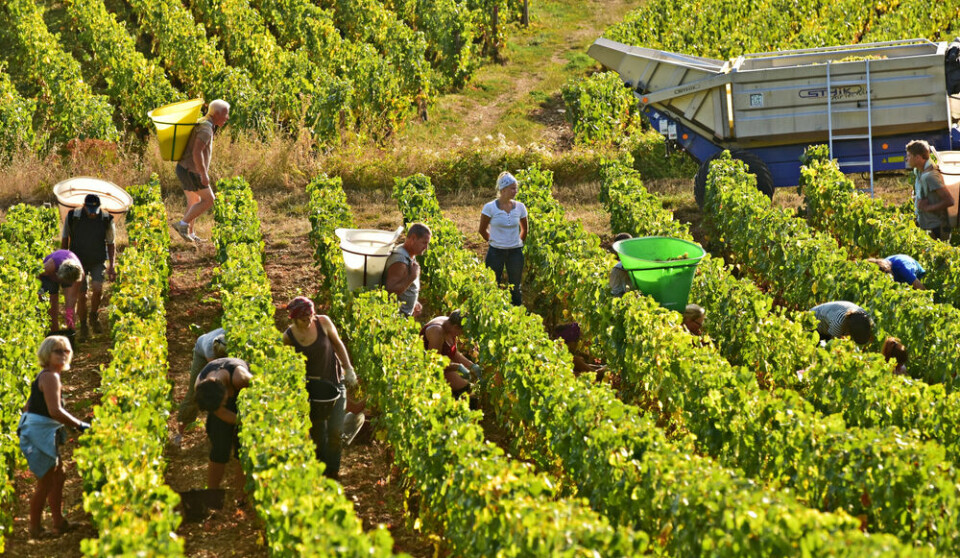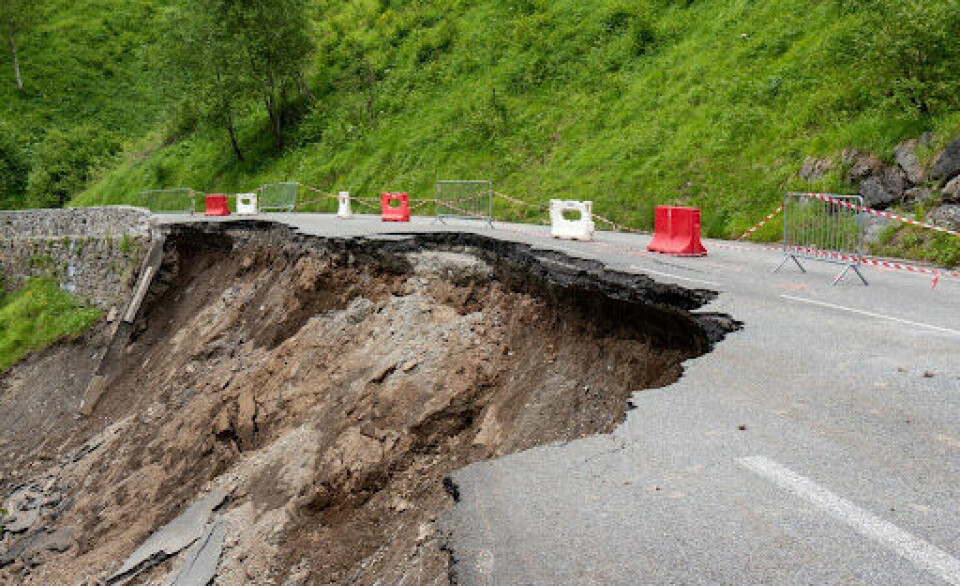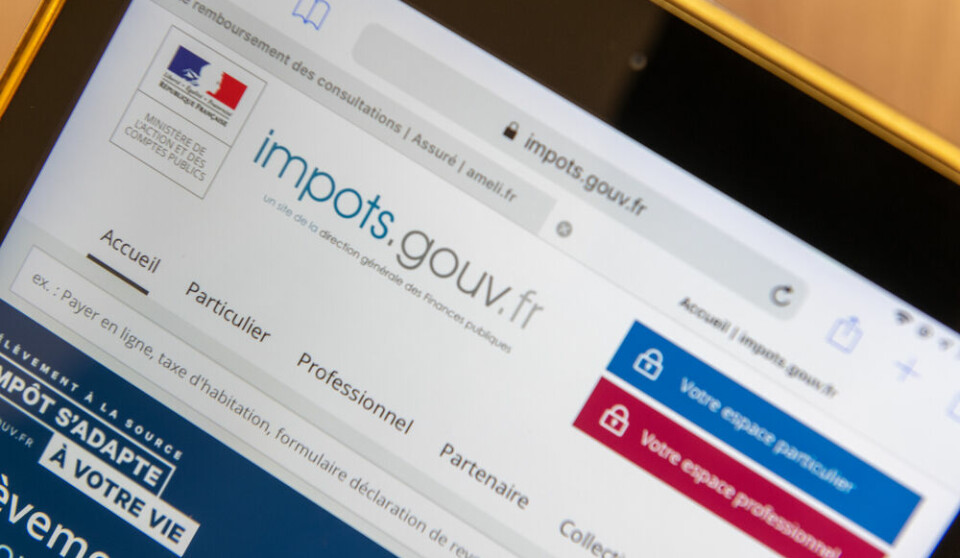-
Phone scams, gardening, insurance claims: 5 French practical updates
Our roundup of recent practical articles you may have missed
-
Picnic in Paris? Chance to join huge meal on Champs-Elysees
The event could even be record-breaking. You can now apply for your chance to take part
-
Many older electrical installations in France have security faults
‘Electrical installations age, like cars, and you need to call an electrician to check them’, the national electrical safety observatory warns
Primark plans to double number of low-cost fashion shops in France
The Irish brand wants to open four new sites per year in suburban towns
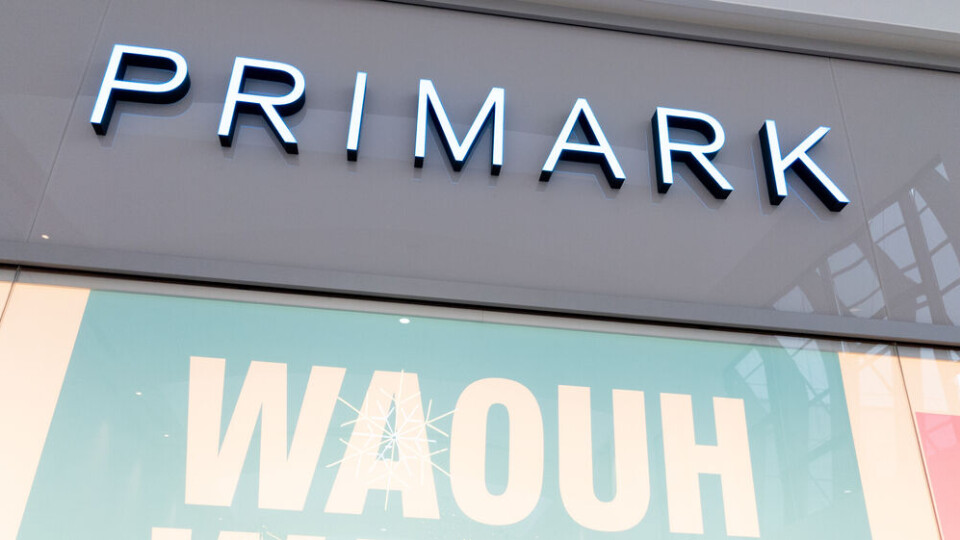
Low-cost clothing brand Primark is set to double the number of its shops in France in the coming years, 10 years after the group first arrived in the country.
The Irish brand - which is owned by British group Associated British Foods and has 441 shops across 16 countries - is set to have 30 sites nationwide by 2025, and has plans for many more.
Most recently, it has opened stores in Rouen (December 2023) and Tours (January 2024). It has already confirmed four more openings in France by 2025, although it has not yet revealed the locations. It is, however, unlikely to include Paris or other large cities.
“On average, we open one to two shops per year in mid-urban areas or suburbs of towns with around 150,000 to 300,000 residents,” said Vincent Combet, director of expansion at Primark France, at a press conference on March 26.
“But we now have the objective to speed this up, with the opening of four new points of sale per year.”
Each site opening requires an investment of €10 million to €15 million, he said.
Low consumer purchasing power…and low costs
“The current economic climate, with its pressure on consumer purchasing power, is working in our favour,” said Christine Loisy, managing director of Primark France.
The group is particularly known for its low-cost clothing and wardrobe basics for adults and children, including dresses and jeans sold for €18-28, and children’s jumpers at less than €10.
The brand states that it manages to keep prices so low because it optimises its supply chain internationally to reduce its costs.
This includes planning at least two new collections per year in advance, producing in bulk at its 883 factories during ‘low periods’, selling basic products for 50% of its items (such as socks and leggings), low margins, low publicity, and carefully managing supply and demand at each store, it said.
However, Ms Loisy did say that although items in its children’s ranges have been lowered or frozen, its adult ranges have increased in price by 5% as a result of inflation and rising material, energy, and transport costs.
Sustainability and textile pollution
The group is also aiming to increase its sustainability image, at a time when many low-cost retailers have come under fire for their carbon footprint and effect on the environment.
"We are working to extend the lifespan of our products, their recyclability and the use of recycled fibres. By 2023, 100% of our products will be made from organic and sustainable cotton," said Ms Loisy.
It comes after Ms Loisy was one of many fashion brand bosses to be interviewed by Anne-Cécile Violland, the rapporteur for the parliamentary bill to reduce the environmental impact of the textile industry.
The bill was adopted unanimously by the Assemblée nationale in March. It aims to ban fast fashion players from engaging in direct or indirect advertising from January 1, 2025, and to introduce a bonus or penalty system for major polluters.
By 2030, the penalty could rise to €10 per product, the government has said.
Commenting on the bill, Ms Loisy said: "We are in favour of a fair law to measure the impact of the textile industry on the environment. But using the number of products sold as a benchmark is not a good criterion, as it does not reflect the level of quality of the products.”
Read more
‘France’s answer to Primark’ plans to expand with shops across country
Germany’s answer to Action? Low-cost brand opens first store in France
When is the best time to shop for deals in France?



